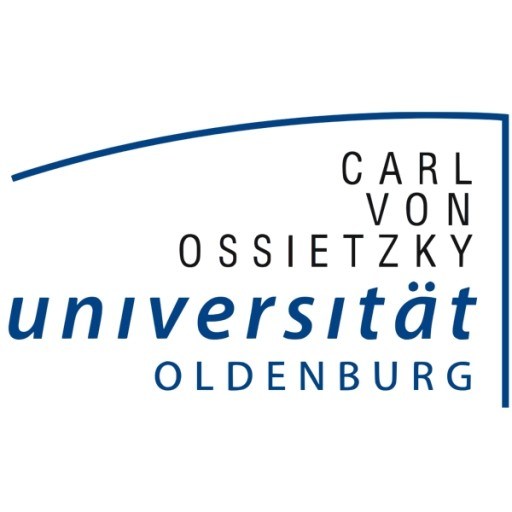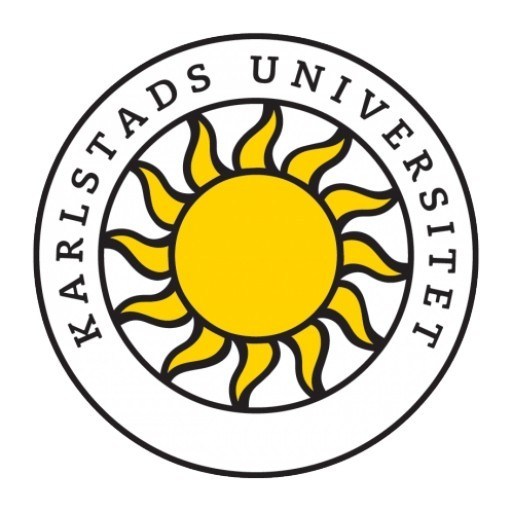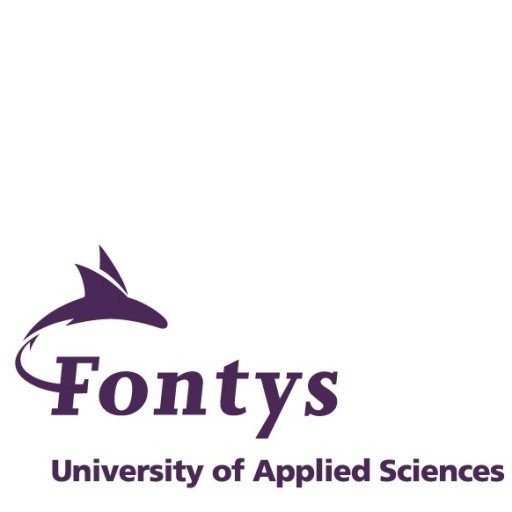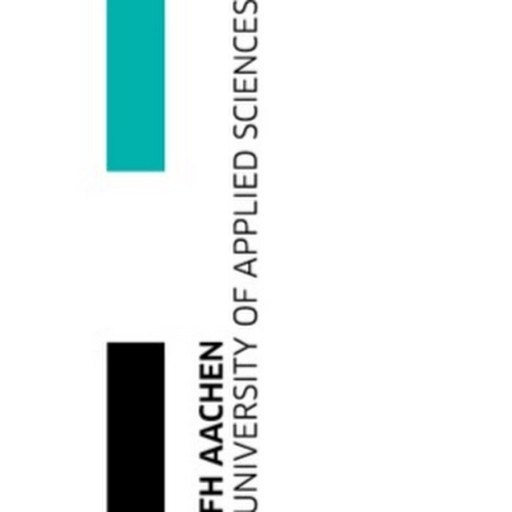Physical Engineering at the Slovak University of Technology in Bratislava is an interdisciplinary program designed to prepare students for a wide range of careers in the fields of physics, engineering, and applied sciences. The program combines fundamental principles of physics, materials science, and electrical and mechanical engineering, offering students a comprehensive education that enables them to solve complex technical problems related to physical systems and devices. Students will acquire theoretical knowledge and practical skills necessary for research, development, and innovation in various sectors, including electronics, telecommunications, energy, and materials manufacturing.
Throughout the course of study, students will engage with courses such as classical and modern physics, thermodynamics, mechanics, electromagnetism, materials science, microfabrication, and instrumentation. The curriculum also emphasizes the development of problem-solving skills, experimental techniques, computer modeling, and data analysis. Laboratory work and project-based learning form a significant part of the program, providing hands-on experience with advanced equipment and experimental setups. Additionally, students benefit from collaboration with industry partners, internships, and opportunities to participate in research projects, which enhance their practical expertise and employability.
The program caters to students interested in both fundamental research and applied engineering. Graduates will be equipped with the knowledge to design, analyze, and optimize physical systems and devices, making them highly competitive in the job market. They can pursue careers in research and development centers, engineering consultancies, manufacturing industries, and academia. The program also establishes a strong foundation for those wishing to continue their education at the master’s or doctoral level.
In summary, the Physical Engineering program offers a unique combination of theoretical physics, applied engineering, and practical skills, aimed at fostering innovation and technological progress. Its multidisciplinary nature ensures that graduates are versatile, capable of adapting to rapid advancements in science and technology while contributing to societal development through scientific research, technological solutions, and product innovation.
The Bachelor's degree program in Physical Engineering at the Slovak University of Technology in Bratislava offers a comprehensive education combining principles of physics, engineering, and materials science to prepare students for innovative solutions in technology and industry. The curriculum provides a balanced blend of theoretical knowledge and practical skills, enabling graduates to understand and manipulate physical phenomena to develop advanced technological applications. Students begin their studies with foundational courses in mathematics, physics, and basic engineering principles, establishing a strong base for more specialized topics. As they progress, they explore areas such as condensed matter physics, materials characterization, nanotechnology, and thermodynamics, gaining insight into the properties and behaviors of various materials under different conditions.
Specialized modules focus on the design, testing, and optimization of physical systems, including electronics, sensors, and energy devices. The program emphasizes hands-on laboratory work, projects, and internships, which foster practical skills and industry readiness. Students are encouraged to participate in research activities and collaborate with industry partners, facilitating their understanding of real-world applications of physical engineering principles. The integration of modern computational tools and simulation techniques allows students to model complex physical systems effectively.
The curriculum also addresses current trends and challenges in physical engineering, such as sustainable energy solutions, nanotechnology, and materials innovation. Students learn to apply their knowledge to develop new materials, improve existing technologies, and contribute to advancements across various sectors like electronics, healthcare, and energy. Throughout the program, emphasis is placed on developing critical thinking, problem-solving abilities, and teamwork skills, preparing graduates for careers in research and development, manufacturing, or further studies at the master's level. The program regularly updates its content to stay aligned with technological progress and industry needs, ensuring graduates are well-equipped for successful professional careers in the dynamic field of Physical Engineering.
The Physical Engineering master's program at the Slovak University of Technology in Bratislava requires applicants to hold a bachelor's degree in a relevant field such as Physics, Electrical Engineering, or related disciplines. Prospective students must submit an officially certified copy of their academic transcripts, demonstrating a solid foundation in fundamental sciences and engineering principles. Admission prerequisites include successful passing of the university's entrance examination, which assesses candidates' knowledge of physics, mathematics, and related technical subjects. Prior research or practical experience in areas such as optics, electrical circuits, or materials science can be an advantage during the selection process. Applicants are also expected to provide a motivation letter outlining their interest in physical engineering and future career objectives, along with proof of proficiency in English, such as TOEFL or IELTS certificate, if applicable. The program emphasizes a comprehensive curriculum combining theoretical coursework with practical laboratory work, research projects, and internships. Students are required to complete a series of core courses covering areas like theoretical physics, electronic systems, materials characterization, and computational methods. Elective courses allow specialization in fields such as nanotechnology, photonics, or renewable energy systems. Throughout the study, students must participate in laboratory experiments, seminars, and team projects designed to develop both technical skills and teamwork capabilities. The program culminates in a thesis project, where students conduct original research under faculty supervision, with the aim of contributing new knowledge or technological advancements to the field of physical engineering. To successfully graduate, students must pass all required courses, meet the minimum credit requirements, and defend their thesis before a committee. Additionally, students are encouraged to attend workshops, conferences, and industry visits organized by the university to enhance their professional development. The program's educational approach combines academic rigor with practical orientation, preparing graduates for careers in research, industry, or academia.
The financing of the Physical Engineering program at the Slovak University of Technology in Bratislava primarily comprises a combination of state funding, tuition fees, and additional sources of financial support. As a public university in Slovakia, the Slovak University of Technology benefits from state funding allocated by the Slovak Ministry of Education, which covers a significant portion of operational costs and supports a number of students through scholarships and grants. Students enrolled in the program may be eligible for state scholarships based on academic performance, social needs, or extraordinary circumstances, which help reduce the financial burden of their studies.
Tuition fees constitute a substantial part of the program's financing structure. Slovak and international students are required to pay tuition fees, which are set annually by the university in accordance with national regulations and are comparable to those of similar engineering programs within Slovakia. These fees often include both the cost of instruction and access to university facilities such as laboratories, libraries, and computer resources. International students from non-EU countries may have different fee structures, generally higher, but also have access to some scholarship opportunities.
In addition to state funding and tuition fees, the program's financing may be supplemented by government or private sector grants aimed at supporting engineering education and research. The university actively participates in European Union funding programs, such as Erasmus+ and Horizon Europe, which provide financial resources for student mobility, joint research projects, and curriculum development. These funds enable students and faculty to engage in international exchanges, collaborative research, and innovation activities, which further enhance the quality of education and research output.
Private sponsorship and partnerships with industry also contribute to the financing of the Physical Engineering program. The university collaborates with leading companies in the field of physical engineering, providing opportunities for internships, research projects, and joint development initiatives. These partnerships often include financial support in the form of grants, scholarships, and equipment donations, which benefit both students and the university in maintaining a high standard of education.
Furthermore, various student organizations and alumni associations support the program by organizing fundraising events and providing additional financial assistance to students in need. The university also offers a range of scholarships based on academic excellence, extracurricular achievements, and socioeconomic background to ensure equitable access to education.
Overall, the financing of the Physical Engineering program at the Slovak University of Technology in Bratislava relies on a multi-source approach that combines public funding, student contributions, European grants, and industry partnerships. This diverse financial structure ensures the sustainability and continual development of the program, enabling the university to maintain high standards of teaching, research, and innovation in the field of physical engineering.
Physical Engineering at the Slovak University of Technology in Bratislava offers a comprehensive curriculum designed to provide students with a solid foundation in the principles of physics, engineering, and technology. This interdisciplinary program integrates theoretical knowledge with practical skills, preparing graduates to work in various sectors such as industry, research, and development. Students gain expertise in areas including materials science, thermodynamics, mechanics, electronics, and sensor technology. The program emphasizes hands-on laboratory work, project-based learning, and collaboration with industrial partners to ensure students are well-equipped for real-world challenges. Graduates of the program can pursue careers in manufacturing, automation, aerospace, energy, and other fields where physical principles are applied to solve complex engineering problems. The curriculum is structured to include mandatory coursework, electives, practical internships, and a final thesis. Facilities on campus include modern laboratories equipped with advanced technology and instrumentation, facilitating practical training and research activities. The program also promotes international cooperation through student exchange programs and joint research projects. Admission requirements typically include completion of secondary education with a focus on physics and mathematics, along with meeting the university's entrance criteria. Graduates receive a Master’s degree in Physical Engineering, qualifying them for employment in technical positions or for further academic study at the doctoral level. The faculty collaborates with industry partners to keep the curriculum aligned with current technological developments, ensuring graduates are competitive in the global job market. Overall, Physical Engineering at the Slovak University of Technology aims to develop innovative, skilled professionals capable of advancing technological progress and contributing to sustainable development.








